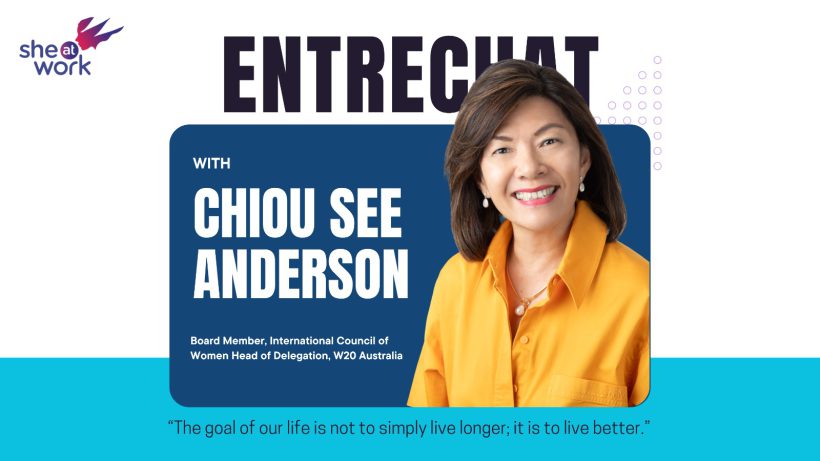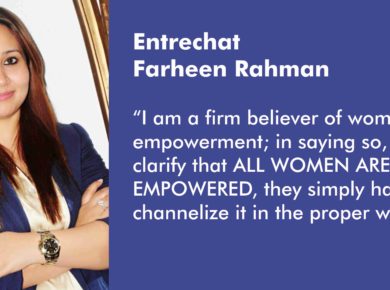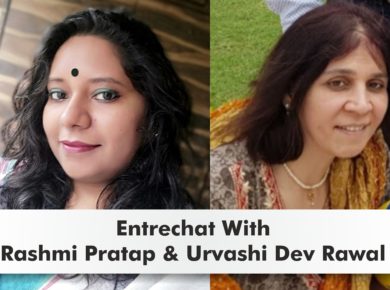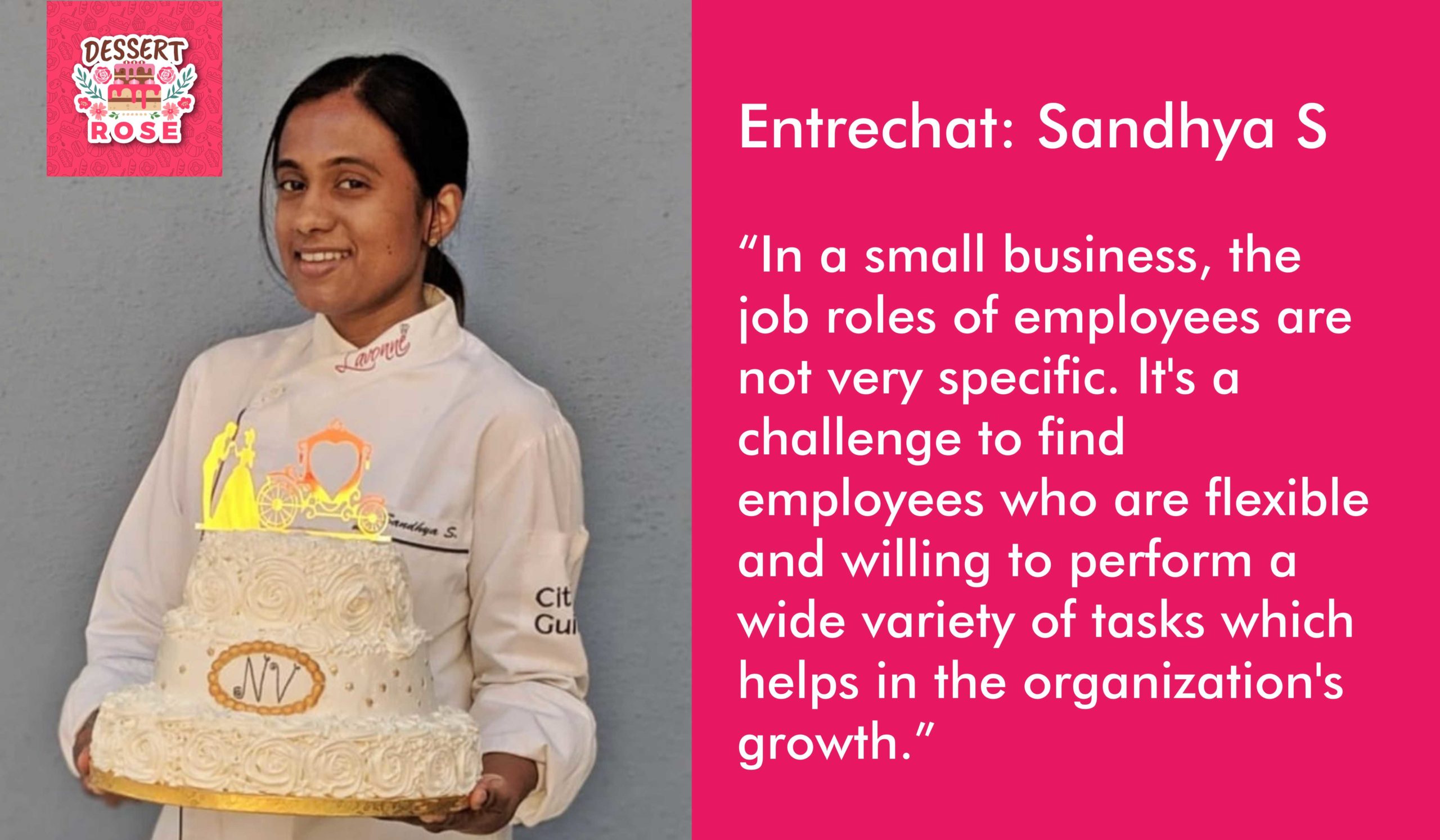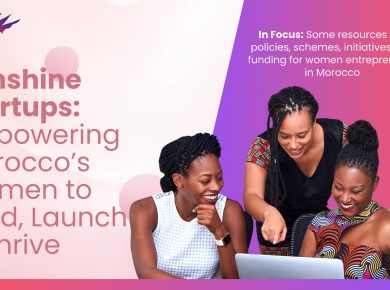Growing old gracefully is a thing of beauty when you have caregivers who love and support you. As a matter of fact, the beauty of caring for seniors comes from the realization that they are heroes in their own right – and this perhaps is the driving force behind the actions of our guest today, Ms. Chiou See Anderson. She is a vehement crusader for gender equality and a businesswoman who is striving to provide a fine blend of ‘soft infrastructure’ for successful aging with the ‘hard infrastructure’ of housing. She believes that each one of us can play a role in improving lives and communities- and that work begins with you.
A distinguished Board member of the International Council of Women and Head of Delegation W20, Australia, she talks about what motivates her to work for the welfare of senior citizens, the gendered aspect of senior living, India’s changing demography and the need for planning along those lines, and the challenges faced by women in financial planning and retirement.
Team SheAtWork is honoured to have her as a guest today.
Ques. What inspired you to work for the senior citizens welfare?
Ans. Honestly, I came into this sphere with a wealth creation strategy. I wanted to start a business in a sector where I can see and measure the demand. By 2050, 25% of the world’s population is projected to be of 65 years old and above – so from a pure business perspective I wanted to enter a sector where I knew the size of the market. Unabashedly, I have the courage to say that as a woman, as much as I care, I also want to make money. This was my first motivation.
Secondly, prior to this, I was managing a flying school, so from a career perspective, I have never been the conventional manager – I love the challenge of exciting industries. This industry was new for me as I did not have any experience in real estate or of having designed or built a house! However, as I entered this industry, I loved the fact that I had the opportunity to create something – especially for senior women. Research says that 70% of seniors living in senior community shelters in America, Australia and New Zealand, are women. This was my chance to do something for them and make a difference.
Ques. Biostatistics state that women outlive men and people also are adopting various means to live longer. So, if this trend continues and people continue to live more and more longer, how is it going to change our approach to life?
Ans. As we live longer, unfortunately we are not living better. I often tell the residents of my retirement villages that the measure of how well you are living should be gauged against the number of times you are visiting a doctor! If you are seeing a doctor frequently, just to live longer, then you aren’t actually living a quality life. The goal is not to live longer, the goal is to live better. Living better needs to be defined in terms of successful ageing – which means being well, and not simply living longer in terms of years. So, this trend about wanting to live longer needs to be nipped in the bud very quickly – life should be measured in terms of quality as opposed to quantity.
Ques. What are the key challenges that women face in financial planning and retirement?
Ans. Women do not embark on this journey of life with the notion of wealth creation and financial planning does not come into the picture, if one does not have any wealth/money. Financial independence needs to be embraced and enhanced, especially by women and then they may be taught about financial planning. Wealth creation stems from analysing your balance sheet and financial planning relies on it. Children from a young age should be taught about building assets that appreciate and financial planning for the future.
Ques. In your view, do you think inter-generational assets can lead to more economic growth and probably also a better quality of life?
Ans. The Asian nations firmly believe in creating inter-generational wealth as opposed to the Western nations. Here unfortunately the inter-generational wealth baton is not being passed on very well. For example, the first generation ‘makes’ wealth, the second generation maintains it and the third generation loses it. In that case we must teach youngsters to create wealth, sustain it and grow it. Passing on wealth without guidance can harm the development of an independent, healthy, and economically sound society. It is imperative that we teach the younger generations to ‘fish’ rather than simply handing over money to them.
Ques. What policies do you advocate for gender inclusivity?
Ans. We cannot be what we cannot see. Hence, if we wish to create gender equality strategies, if we wish to demystify and denounce gender stereotyping, we need to put up examples of the same through our actions. We need to create narratives and images which remind people and the society at large to walk the talk. Indeed, we can be who we want to be, but we cannot be what we cannot see.
